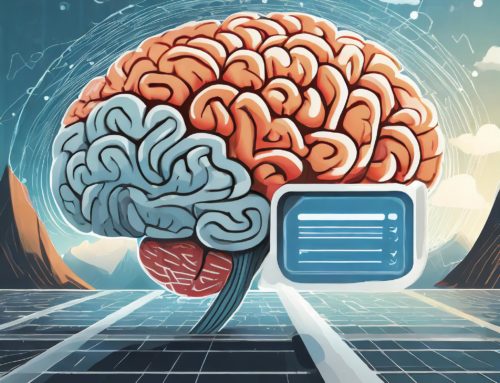The notion that the AI revolution will diminish the role of data engineers is a misconception. On the contrary, data expertise is becoming increasingly crucial. However, to harness AI’s full potential and secure their future career prospects, data professionals must acquire new skills.
AI presents an opportunity for organizations to derive more value from their data more efficiently. However, this doesn’t occur autonomously. Data engineers must learn how to effectively apply AI technology, including the selection of appropriate models and tools for various scenarios.
Key Areas of Transformation in Data Analytics
Enhancing Data Pipelines with AI
Data pipelines often involve handling raw, unstructured, and disorganized data. AI’s integration into these pipelines can significantly expedite the process of deriving insights. For instance, AI models can quickly analyze vast quantities of text documents, such as customer service transcripts, extracting valuable insights that would be time-consuming and potentially unfeasible to identify manually. Data engineers proficient in applying AI models to data pipelines will become invaluable assets to their organizations.
Shifting from Data Mapping to Data Strategy
The task of ensuring data consistency across various sources is ideally suited for AI. Data engineers can delegate the creation of unified databases from multiple customer data sources to AI, thereby reducing manual workload. This shift allows data engineers to focus more on overarching data strategies and architecture, enhancing the organization’s data utilization in alignment with business goals.
Elevating Business Intelligence Analysis
Business intelligence (BI) analysts, traditionally occupied with generating static reports, must adapt to the evolving expectations of AI-savvy executives. The demand for interactive, conversational report interfaces means BI analysts need to master the skills to create dynamic, AI-enabled reports. This involves understanding data pipelines, plug-ins, and prompts, a shift facilitated by low-code platforms in cloud data platforms.
Managing External AI Services
Parallel to the cloud revolution, data scientists will increasingly engage with third-party AI services. Selecting the right AI models, managing vendor relationships, and staying informed about available options are becoming key competencies.
The Bright Future for Data Teams
The integration of AI into data engineering is set to transform the field from a reactive to a proactive stance. By automating labor-intensive tasks, AI enables data engineers to focus on strategic initiatives. This shift not only enhances the value of data engineers within their teams but also promises a more fulfilling and enjoyable work experience.





Leave A Comment